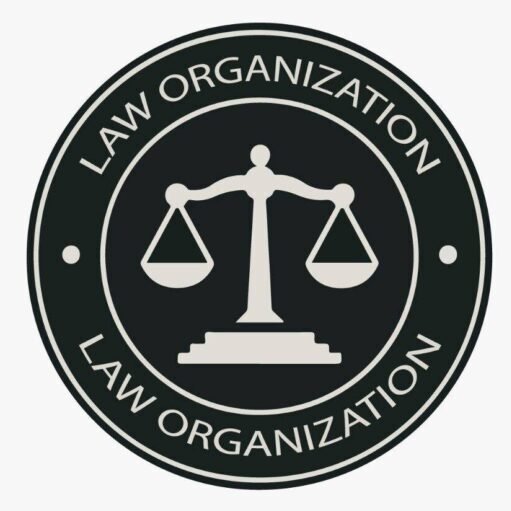Introduction
As you know, over the years different types of crimes are here like fraud, cyber crimes and so on. But the most heinous crime in the world is pornography. To stop pornography Russia introduced the pornography law in Russia.
Russia has been inside the information for its legal guidelines geared toward regulating the net and curbing internet child pornography, drug use, and suicide. The enforcement of those legal guidelines has been a topic of controversy, with some human rights groups calling them “draconian.” In this weblog, we are able to discover the consequences of these legal guidelines on net freedom in Russia. Explore the legal guidelines and pornography law in Russia.
Legal guidelines aimed at Regulating the net
Russia has enacted numerous laws aimed toward regulating the internet and curbing net toddler pornography, drug use, and suicide. These laws were criticised for their capacity for use to suppress widespread rights and freedoms.
The enforcement of those legal guidelines has been seen as a part of a broader crackdown on free expression in Russia.

Restrictions on Bloggers and Social Media users
In 2014, Russia enacted a new law enforcing regulations on users of social media bloggers with more than 3,000 each day readers must register with the mass media regulator, Roskomnadzor, and agree to the guidelines that govern the U.S.s larger media outlets.
Internet corporations will also be required to permit Russian authorities access to users’ records. One human rights organization called the move “draconian“
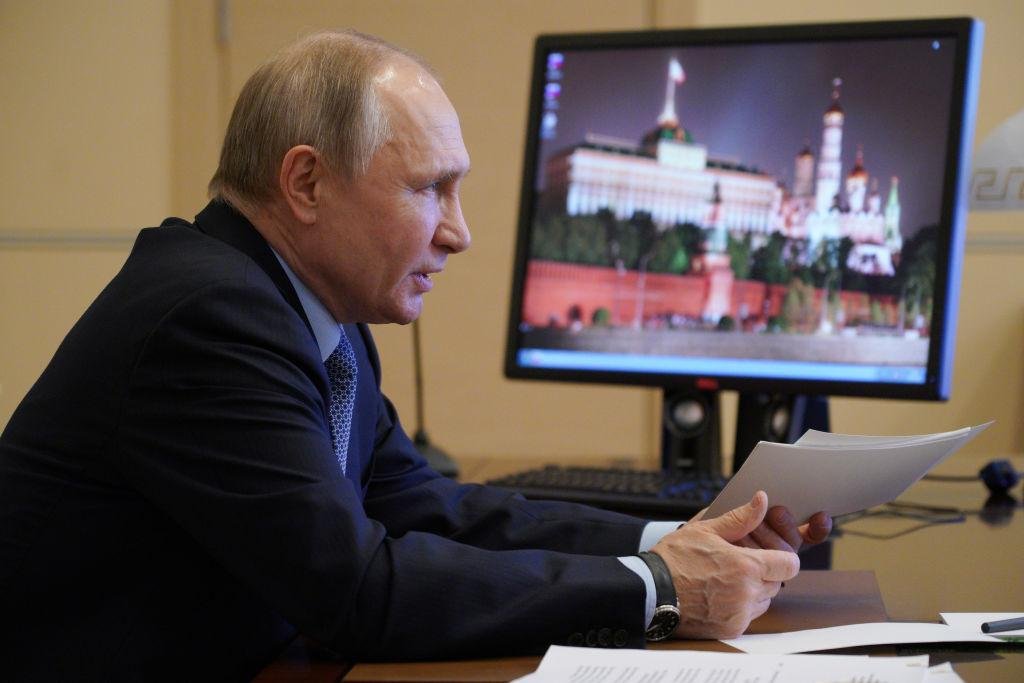
The law became permitted via Russia’s higher house of parliament in April. Hugh Williamson, of latest York-primarily based Human Rights Watch, has called the regulation “every other milestone in Russia’s relentless crackdown on free expression”
Internet Blacklist
In 2012, Russia put into force a brand new law on the internet that lets the government block websites with banned content.
The law targets web sites that contain infant pornography, records on capsules, or calls to devote suicide. It’s also a website that a court has ruled extremist. However critics say its wording might be exploited to dam opposition websites with the aid of planting banned material, potentially shutting down the most lively forum for political debate in Russia.
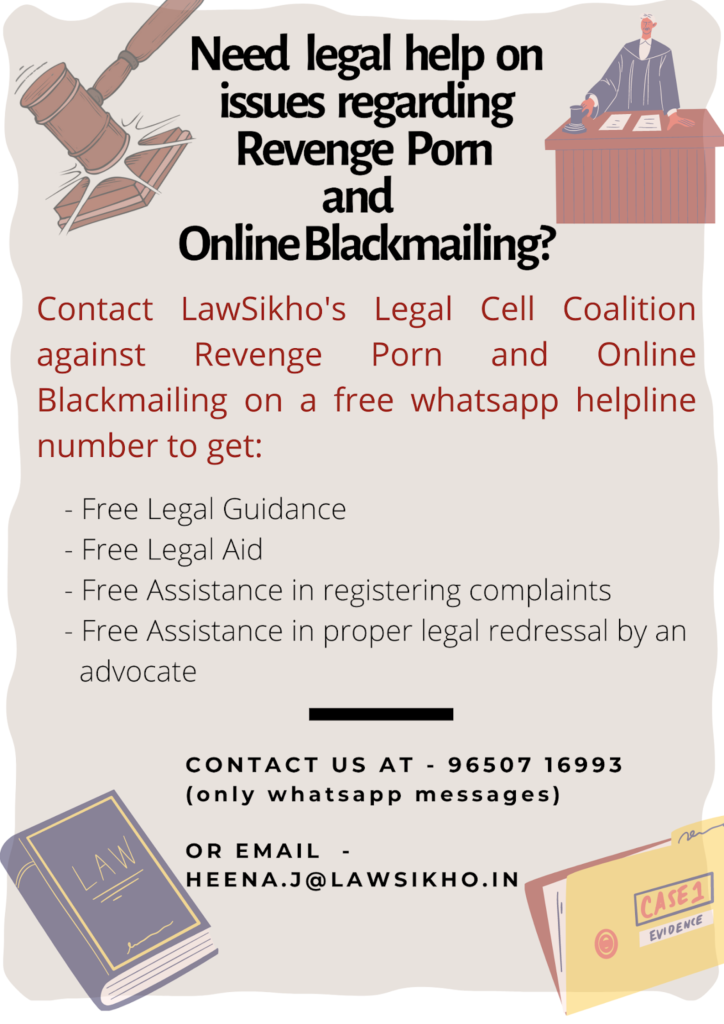
Common net Censorship technology
Governments may each define what to dam and put into effect the technological method of blockading, or they’ll create regulation, greater-criminal incentives, or policy to compel “self reliant” technological companies to perform the blocking and surveillance for them
The subsequent is a listing of the maximum commonplace net censorship technologies:
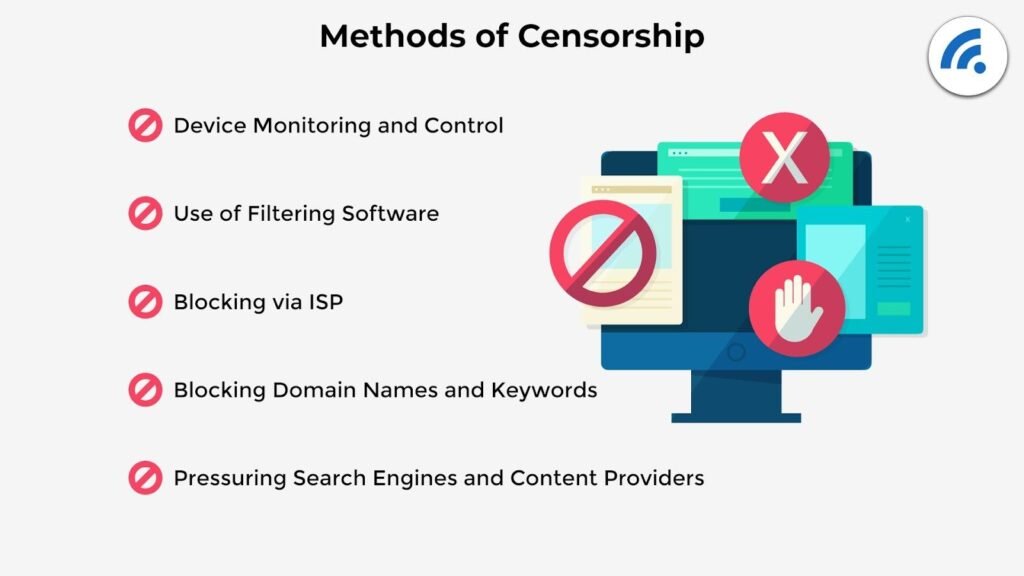
- DNS Tampering: In countries in which governments have control over domain name servers, officers can “deregister” a domain that is a website hosting nefarious content.
This makes the website invisible to the browsers of users looking to get right of entry to the website online because it prevents the interpretation of domains to site IP addresses.
- IP blocking: This includes blocking off access to a website by using its IP deal with.
- URL Filtering: This involves blockading access to a website by way of its URL.
- Packet Filtering: This involves inspecting the statistics packets dispatched over a network and blocking those that contain sure key phrases or terms.
- Deep Packet Inspection: This involves inspecting the contents of information packets sent over a network and blocking off people who comprise certain keywords or terms.
Conclusion
The enforcement of the laws geared toward regulating the net and curtailing net child pornography, drug use, and suicide in Russia has been a topic of controversy. The legal guidelines are visible as a part of a broader crackdown on loose expression in Russia.
The enforcement of the laws has been criticised for its potential to be used to suppress widespread rights and freedoms. The legal guidelines are seen as commencing the door to broader censorship. Above you know about the pornography law in Russia to stop pornography.
The internet is the remaining island of free expression in Russia, and those draconian rules are virtually aimed toward setting it below the government.
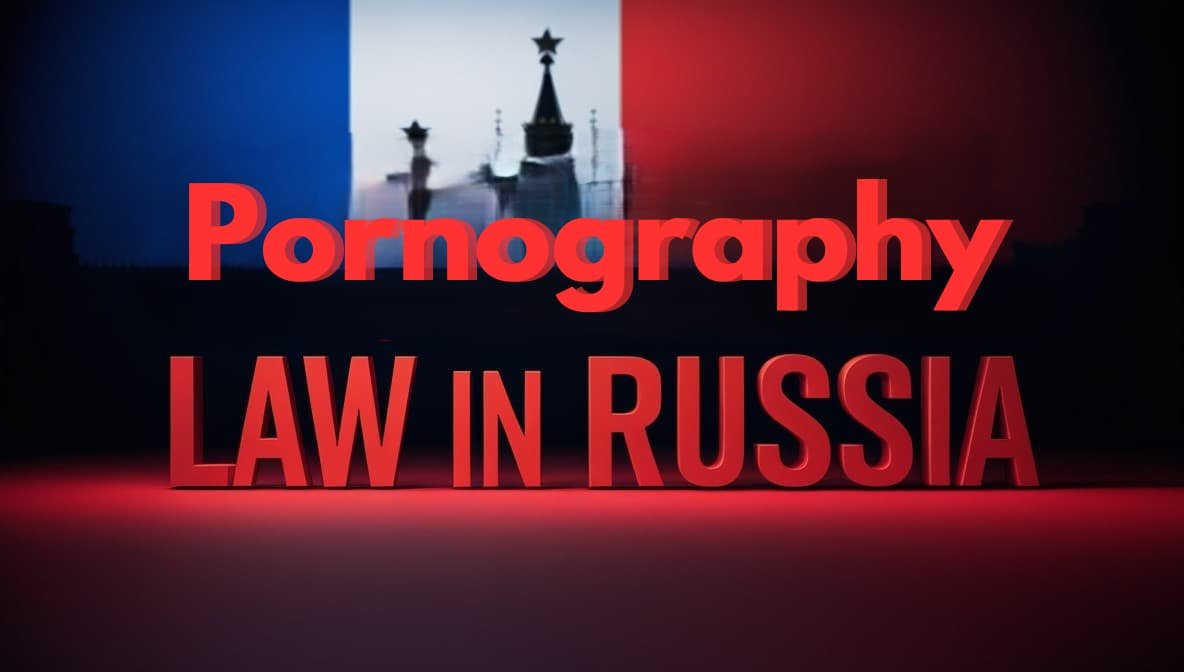
![Read more about the article The Complexities of Regulating Internet Pornography[2025 Updated]](https://pornography-laws.com/wp-content/uploads/2024/12/Internet-Pornography-300x300.jpg)

![Read more about the article What Is Illegal to Watch on the Internet?[Under IT Act 2000]](https://pornography-laws.com/wp-content/uploads/2024/12/Leonardo_Phoenix_10_A_dramatically_lit_highcontrast_image_feat_3-1-300x170.jpg)
